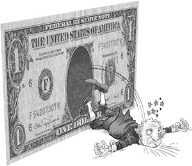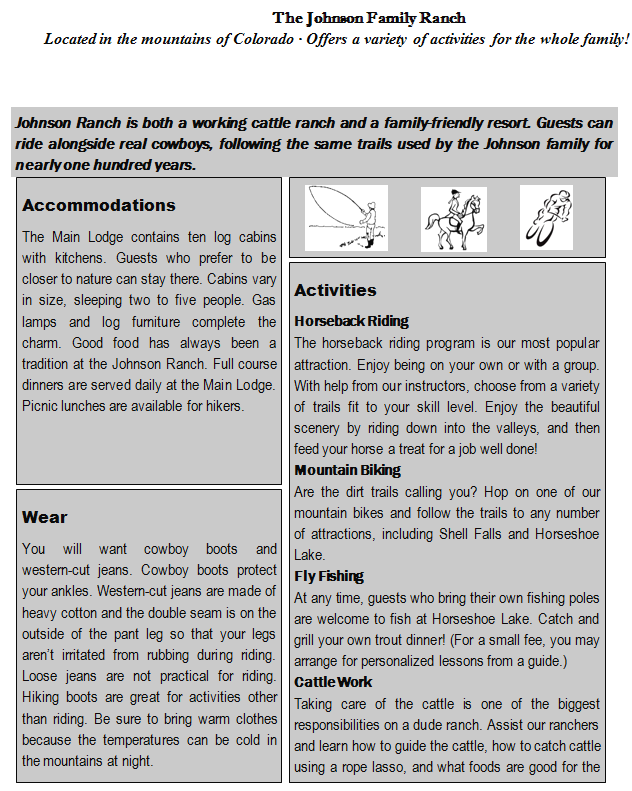题目内容
【题目】

Hobbs was an orphan (孤儿). He worked in a factory and every day he got a little money. Hard work made him thin and weak. He wanted to borrow a lot of money to learn to paint pictures, but he did not think he could pay off the debts.
One day a lawyer said to him, “One thousand dollars, and here is the money.” As Hobbs took the package of notes, he was very dumbfounded. He didn't know where the money came from and how to spend it. He said to himself, “I could go to find a hotel and live like a rich man for a few days; or I give up my work in the factory and do what I’d like to do—painting pictures. I could do that for a few weeks, but what would I do after that? I should have lost my place in the factory and have no money to live on. If it were a little less money, I would buy a new coat, or a radio, or give a dinner to my friends. If it were more, I could give up the work and pay for painting pictures. But it's too much for one and too little for the other.”
“Here is the reading of your uncle's will (遗嘱),” said the lawyer, “telling what is to be done with this money after his death. I must ask you to remember one point. Your uncle has said you must bring me a paper showing exactly what you did with his money, as soon as you have spent it.” “Yes, I see. I'll do that,” said the young man.
【1】Hobbs wanted to borrow money to ________.
A. study abroad
B. work abroad
C. pay off the debts
D. learn to paint pictures
【2】What does the underlined word “dumbfounded” (in Paragraph 2) probably mean?
A. Surprised. B. Frightened.
C. Satisfied. D. Excited.
【3】With the money, he got, at first Hobbs ________.
A. planned to have a happy life for a few days
B. decided to give up his work in the factory
C. was to give a dinner to his friends
D. had no idea what to do
【4】Hobbs was asked to ________.
A. tell the lawyer what he did with the money after spending it
B. read his uncle's will
C. tell the lawyer what was to be done with the money
D. buy some pictures
【答案】
【1】D
【2】A
【3】D
【4】A
【解析】Hobbs收到一笔钱,他自然感到吃惊。他不知道钱是从哪来的,也不知道怎样花。
【1】D 根据第一段最后一句可知答案为D项。
【2】A 突然有一天, Hobbs收到一笔钱,他自然感到吃惊。而D项干扰性较强。dumbfounded意为“目瞪口呆的”。
【3】D 第二段画线单词后面一句话:“他不知道钱是从哪来的,也不知道怎样花掉它。”以及后文内容可知D项正确。
【4】A 根据最后一段内容可知答案为A项。






